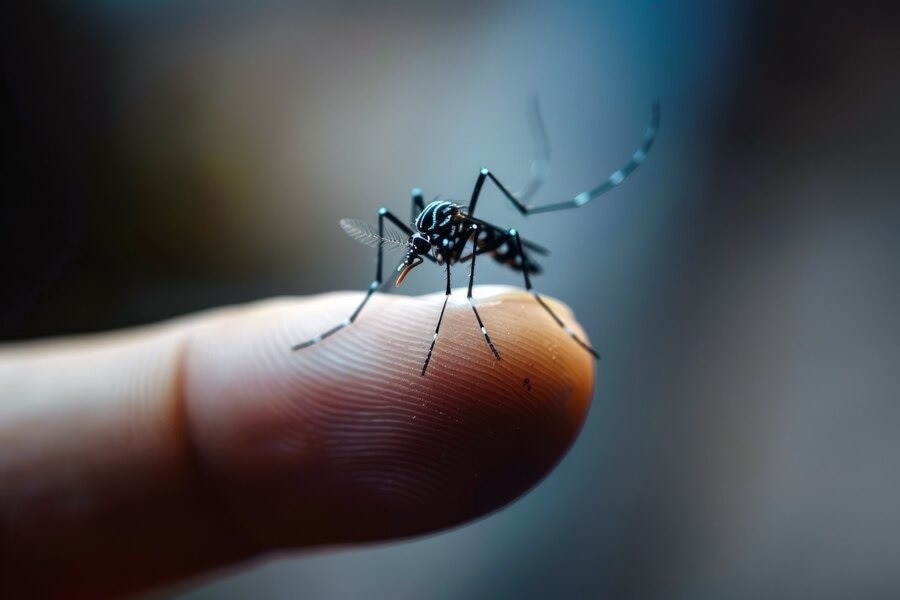Dengue is a viral disease that affects public health in India, especially during monsoons. Here are 5 strategies to prevent the risk and stay safe from this serious infection.
As the monsoon season approaches, the risk of contracting dengue increases significantly, especially in tropical and subtropical regions. The dengue virus, primarily transmitted by the Aedes mosquito, can cause symptoms ranging from mild flu-like symptoms to severe, life-threatening complications. With no specific treatment or widely available vaccine yet, prevention emerges as our most potent weapon against the disease. Dr Gowri Kulkarni, Chief Medical Officer, MediBuddy, spoke to India.con and shared five essential tips to help you prevent dengue and protect your health during this vulnerable period.
Tips to prevent the risk of dengue
- Eliminate mosquito breeding sites: One of the most effective ways to prevent dengue is to reduce the mosquito population by eliminating their breeding sites. Aedes mosquitoes lay their eggs in stagnant water, so it is essential to keep the environment clean and dry. Periodically inspect your home and its surroundings and remove any containers that contain standing water, such as buckets, flower pots, old tires, or anything else that can collect rainwater. It is also essential to keep gutters clean and cover water storage tanks.
- Preventing Mosquito Bites: Applying mosquito repellents is an effective personal protection measure to prevent mosquito bites, especially outdoors or in areas with high mosquito activity. Use mosquito repellents and you can also use natural options such as oil of lemon eucalyptus or citronella-based products. While they are longer lasting than chemical repellents, they can still provide some protection. Additionally, when possible, wear long-sleeved shirts, long pants, socks, and closed-toed shoes to minimize skin exposure to mosquitoes. It is preferable to wear loose-fitting, light-colored clothing, as it provides more protection and is breathable. Use mosquito nets when resting or sleeping, especially during the day when Aedes mosquitoes are most active.
- Identify symptoms early: Seeking immediate medical attention for dengue fever symptoms is essential for timely medical intervention and preventing potential complications. A sudden high fever is usually one of the first signs, with temperatures reaching 104°F (40°C) or higher. Acute headaches are also one of the first symptoms of the disease. A characteristic symptom is severe pain or pressure behind the eyes, which may worsen with eye movement, and extreme muscle and joint pain. If someone experiences a combination of these symptoms, especially after having been in a dengue-prone area, early medical intervention would be imperative. Early diagnosis and proper medical care are crucial as dengue can potentially progress to a more severe and life-threatening form known as dengue hemorrhagic fever or dengue shock syndrome.
- Practice good hygiene: Maintaining good personal and environmental hygiene practices prevents further transmission of the dengue virus to others through mosquito vectors. Properly dispose of any containers or materials that can collect stagnant water and serve as breeding grounds for mosquitoes. By diligently practicing good personal and environmental hygiene, you can help break the cycle of dengue virus transmission and protect your community from further spread of this debilitating disease.
- Maintain a healthy immune system: A strong immune system can help your body fight infections, including dengue. Eat a diet rich in fruits, vegetables, whole grains, lean proteins, and healthy fats for essential vitamins and minerals that support immune function. Regular physical activity can also strengthen the immune system.
It is important to remember that, even if you have already contracted dengue, you can contract the virus again from a different serotype, so it is essential to maintain prevention measures. Good hygiene practices are especially vital during the infectious period to avoid secondary transmission through mosquito vectors.
